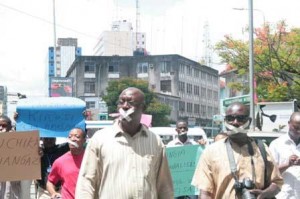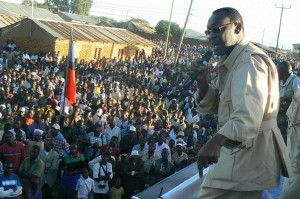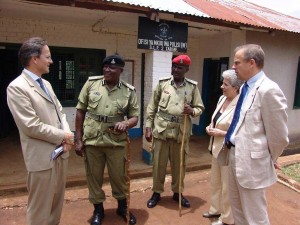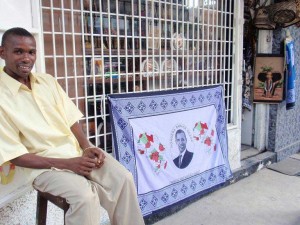The Richmond Saga
The Richmond saga continues. On June 23, 2006 Richmond Development Company signed a contract with TANESCO to generate 100 megawatts of electricity when the country was experiencing acute power shortages. Several months later, some legislators said that Richmond lacked experience, expertise and was financially incapacitated (For details see several previous issues of TA) but there had been little progress in bringing to justice the many people involved. The House of Assembly’s Select Committee had produced an impressive report containing 23 recommendations which had resulted in the resignation of the then Prime Minister and Energy Minister. MP’s waited to see what other actions the government would take.
Finally in early August, Prime Minister Pinda announced each of the recommendations in parliament. He said that the Director General of the Prevention of corruption bureau (PCCB), the Permanent Secretaries of the Ministries of Finance and Energy and Minerals and several technical advisers in government and TANESCO plus the members of the government negotiating team had been served with letters to show cause why disciplinary action should not be taken against them for their role in the controversial contract. Continue reading




